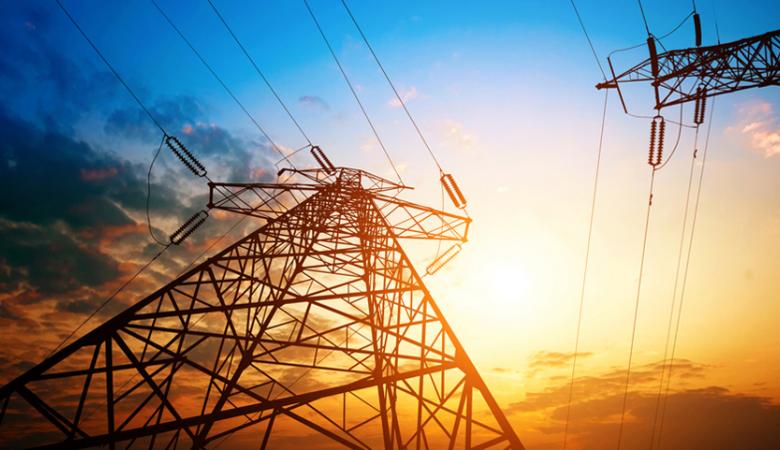The financial balance of the energy sector, a cross-cutting issue in West Africa

Côte d'Ivoire, Ghana, Senegal, Mali, Guinea and Benin are all faced with the problem of the financial equilibrium of the electricity sector in the face of growing consumption needs of their respective populations. All these states face a structural deficit starting with Côte d'Ivoire, which is considered a model in the subregion as it emerges from more than a decade of socio-political crisis.
A situation which is already of concern to those in charge of the management of the electricity sector, in the production, transport, distribution and marketing sectors, which still have to meet the efficiency requirements Energy, quality of service, policy and consumer requirements.
According to experts, met by AIP in these 6 countries, electricity is a "highly capitalized" sector, which requires very expensive investments in the 4 segments mentioned above. Hence the use of private investors (PPIs) for the construction of thermal power stations. In all these countries, including Côte d'Ivoire, the State devotes significant sums to the electricity sector, notably in the purchase of fuel.
"Energy is expensive for the state and not for the moment for the consumer," explains Claude Gbaguidi, President of the Benin Electricity Regulatory Authority (ARE), whose country imports 90% of its electricity. Energy consumption



















